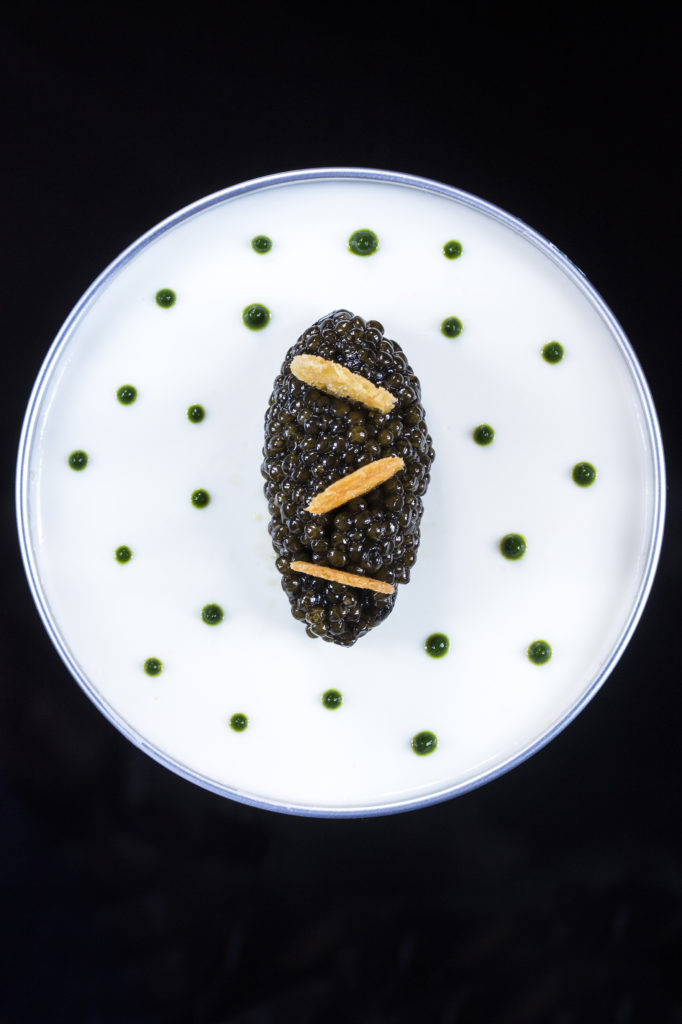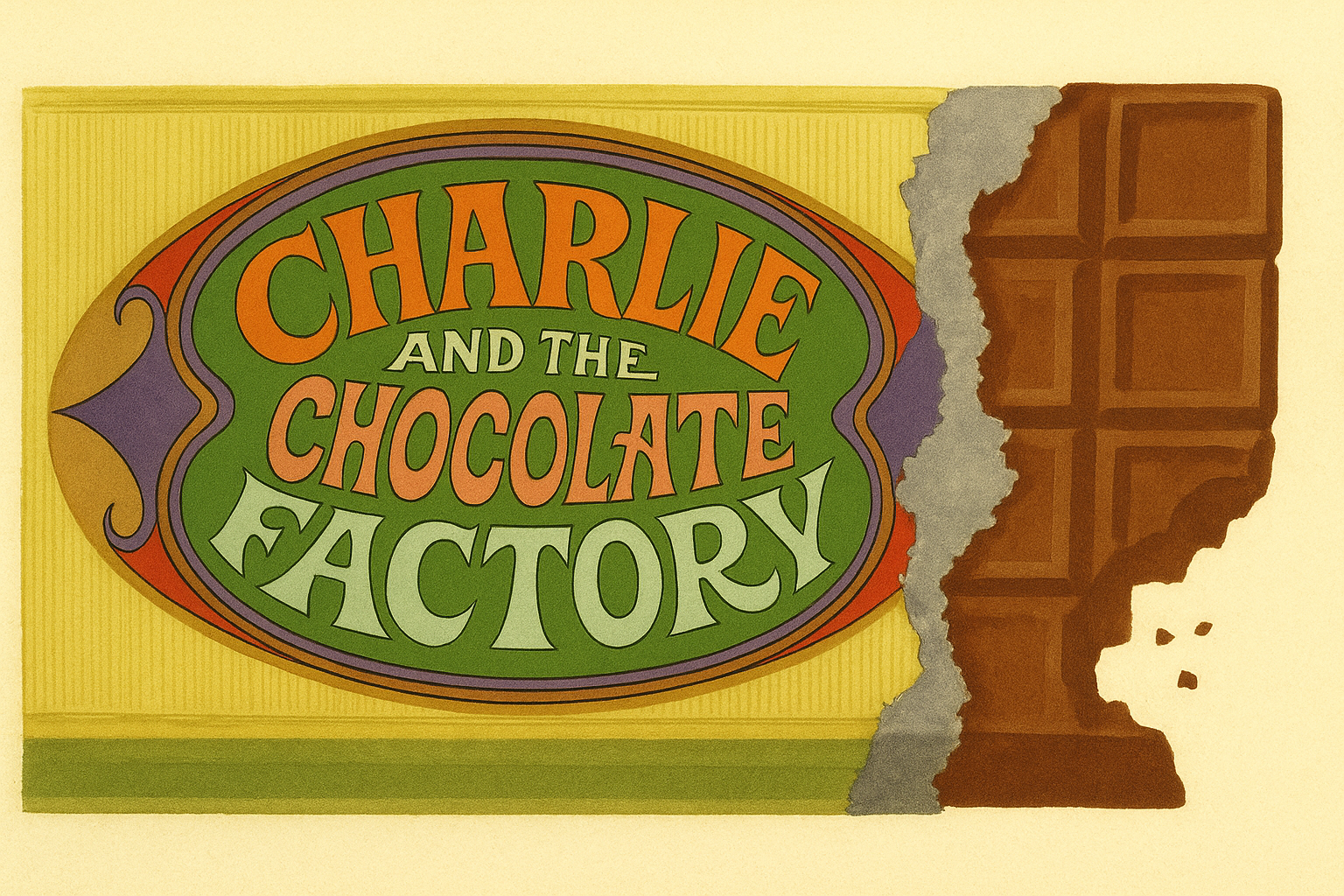Head Chef at Assiette Champenoise, a 3-star Michelin restaurant and 5-star hotel (located in Tinqueux, near Reims), Arnaud Lallement shares his thoughts on both modern-day cuisine and his profession.
BACKGROUND
After a childhood surrounded by his father’s pots and pans and aromas wafting from the kitchen of their original restaurant in Châlons-sur-Vesle, Arnaud Lallement went down the route of studying hotel management in Strasbourg and visiting stately homes as a Compagnon du Tour de France, which involved embarking on a country-wide tour to study apprenticeships with masters. In 1996 he joined the new family restaurant in Tinqueux, taking over the reins in 2000. The first star fell from Michelin’s red sky just a year later. In 2005 the second star emerged from the stove’s glowing embers. Major works began in 2009 to renovate the main building and continued into 2010 as the hotel was extended, bringing the total number of rooms and suites to 33.
Alongside his suppliers and team, Arnaud Lallement channelled his focus, got stuck in, did away with the old and created something new. Thanks to its combination of subtlety, inventiveness and conviviality, 2016 saw this magnificent restaurant crowned with its third star. This exceptional chef’s motto is “manger vrai”, or “eat true” in English; Michelin notes a “score synonymous with pleasure”. Time to decide whether or not you want to break the bank for an extraordinary experience.

MEET-UP – 18 SEPTEMBRE 2020
It’s 10 am and the park is quiet. Rays of sunlight start to dapple the terrace, the hotel’s windows are all open, and there is a whir of vacuum cleaners. The gardener is getting the lawnmower ready as a waiter meticulously cleans the armchairs and low tables, then plumps the cushions. In two hours the first guests will arrive. The playlist features a mix of ambient music.
We greet each other with our masks on, then – as we sit down opposite each other on the leather armchairs in the lounge area – we remove our masks, with the wide low table separating us.
What changes have you seen during the health crisis which is currently gripping the world ?
One of the biggest changes brought about by covid is that everyone, not just in France, has had time to cook. I hope that they carry on cooking, it’s so important for both our well-being and that of the planet. What I found amusing is that everyone shopped local for seasonal, mostly organic, produce. That’s what we as leading chefs have been saying to people for years.
What was your experience of lockdown ?
I did it out of obligation, like everyone else. I thought a lot about new recipes but it wasn’t the right time, there was no oomph. Being in a buzzing restaurant with a team around me to deal with five problems all at once and find 17 solutions at the same time – that’s my life. Of course I was grateful for more time with my family, but I wouldn’t change my life for anything in the world.
What do the three stars that you’ve kept since 2016 represent ?
Earning them is an incentive, while keeping them is the challenge of a lifetime. There are 115 to 120 restaurants worldwide with 3 stars, and each has its own identity. You’ve got those in keeping with great French tradition like Bernard Pacaud at L’Ambroisie, then you’ve got super original starred restaurants like the ones run by Ferran Adrià, Pierre Gagnaire, Arnaud Donckele and Emmanuel Renaut.
Sometimes – and it’s rare – someone will tell you, I wouldn’t have done it like that. If you don’t want to take the time to discover someone else’s identity, then don’t come to a 3-star Michelin restaurant. We’re here to cook, make other people happy and perfect our own style. It’s the same responsibility as in any job where the staff are passionate about what they do, everyone is committed to doing the best they can.
When do you create new dishes ?
The research stage is open-ended, creation doesn’t just happen like clockwork on a Monday between 8 and 10 am. I have four sous-chefs in my team; one of them can come up with an idea which then leads to another, and sometimes it’s a perfect idea. When you’ve got a plan, you sketch it out and fine-tune it. The main sources of inspiration are the season and the produce.
What do you think about the developments in food today ?
Now is the time for everyone to get stuck in. Institutional catering initiatives with fresh produce or a garden which supplies people with food are brilliant. If you look back 25 years ago, all the chefs were involved in Semaine du goût, [a yearly ‘Week of taste’ with the aim of educating French people about food]. We visited a lot of schools but after we’d left, there was no kind of handover. I’d love to be responsible for inspiring a town by helping them cultivate a 10-hectare piece of land to provide food for schools, but in a country like France – the most gastronomic country in the world – I don’t understand why there isn’t two hours a week set aside for healthy eating classes. Education is the key to everything when it comes to both schools and parents.

What is your take on anti-meat movements ?
For anything vegetarian, plant-based or vegan, these are movements that I can live with and get behind as long as they remain tolerant of other movements on an equal footing with them, such as a carnivorous or flexitarian diet. It’s easier to eat vegan or vegetarian at our restaurant because everything we make is specially adapted to what the customer wants and it also fits with my identity. I would really enjoy slow cooking a tomato in some spices for 12 hours, for example, then the guest won’t stop raving about this dried tomato that they can’t find anywhere else. Something that’s impossible in a fast-food outlet.
Are you affected by global debates even though you’re in your own enclave, a peaceful place that you’ve created ?
I’m a social capitalist (laughs). It’s a trivial thing to say but I find injustice sickening. I travel and see everything, just like everyone else. When someone comes here having saved up, I know that money is worth a lot. And I’m with members of my team every day whose salaries range from 1 to 6. I’ve always said to them that I will do my best, everyone will be provided for, and that’s including me because I’m the one taking the risks. I’m advancing my business socially, over time, and I’m investing in it so that the restaurant is sustainable. I’m trying to empower everyone on the work we still need to do: I want everyone to progress alongside me and for us to grow together. This summer, for the first time, I came up with the idea of offering our breakfast service jobs to our employees’ children. It was bizarre because the parents weren’t at all convinced. In the end it was the children who said yes so that they could earn pocket money in their school holidays. We’re a family company, we’ve got to follow through with action – it’s not just about words. As restaurateurs, we’re in one of the last remaining professions where there’s a real social ladder. A kid in year 9 who isn’t doing well at school but takes up a catering apprenticeship could find him or herself with their own restaurant 10 years later. That’s what’s amazing about this profession.










